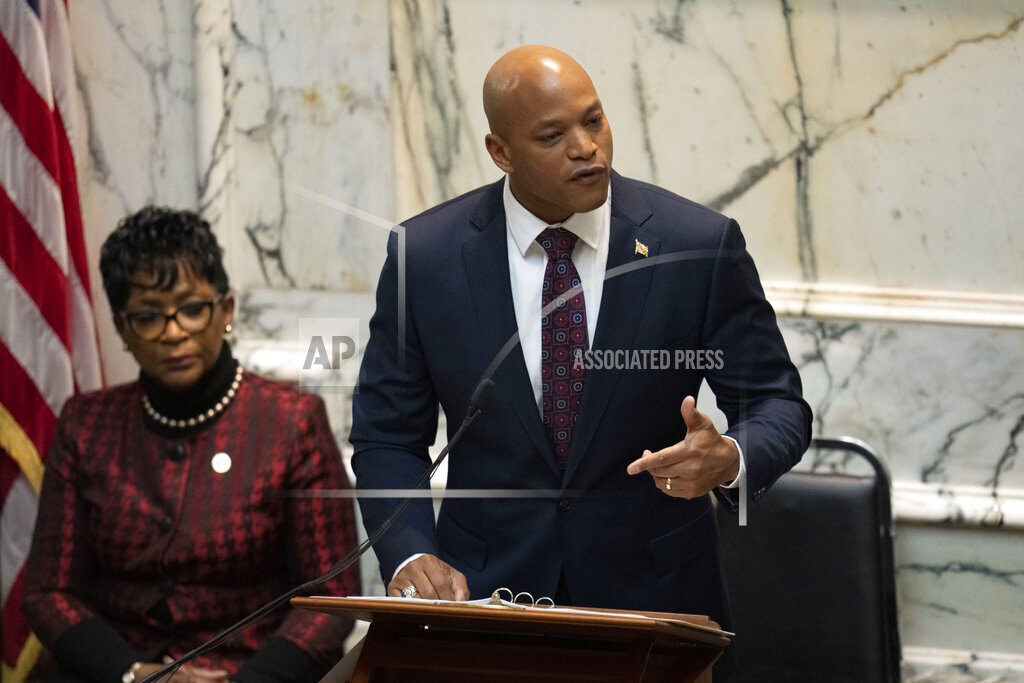He toured the newly renovated FCC health sciences center.

Gov. Wes Moore (AP Photo)
Frederick, Md (KM) Maryland Governor Wes Moore paid a visit last Friday to Frederick Community College’s health sciences facility. Located in Linganore Hall, it provides students in nursing, respiratory care, surgical technology and other fields with instruction using actual hospital equipment such as beds and ventilators; and they can practice on high fidelity mannequins who have many of the same characteristics and movements as actual humans.
“Having a chance to see where so much progress and innovation is happening, where it is living. It is living in Frederick and this is one of the true jewels in our state,” Governor Moore said.
A renovation was recently completed at the health science center. The cost was $11.4 million dollars, part of which was financed by the state. “I think it was money very well spent,” says Governor Moore. “And I think the return in that investment, we’re not just going to see it now; we’re going to see it for generations to come.”
One of the students at the FCC health sciences center is Abigail Kinnaird, who said this newly renovated facility has many features. “We have acute care labs where we have high fidelity mannequins that we’re able to do advanced simulation on,” she said. “The mannequins are able to do everything from experience a heart attack to have trouble breathing. And we’re able to get somewhat real life experiences to take practice with us, and to take to clinical experience.”
Tim Coulbourn, an assistant professor of nursing and simulation specialist at FCC, says students learn how to perform medical procedures on mannequins. “We put them into real life situations where they have to take what they’ve learned in class, and apply it to a high fidelity mannequin.in a real life-type situation where they can practice to the best of their knowledge in a safe environment,” he says.
The high fidelity mannequins can perform many of the functions of human being such as breathing. While he was there, the Governor watched students perform kidney surgery on a mannequin.
But there’s more besides learning about medical procedures in a classroom and practicing them on mannequins who simulate human actions. Sarah Tolliver, a clinical instructor, says students are taught about diversity. “A lot of our students come from different backgrounds and nationalities. So it’s very important tor them to be able to see faculty like myself representing a different nationality and a different population,” she says. Tolliver says she is Latina.
Susanna Jarquin,. a nursing professor at FCC who calls herself an Hispanic educator, also teaches about diversity. “To me, diversity is very important because we live a very diverse culture here in Maryland,:” she says. “As a nurse of 14 years, I’ve taken care of several patients with different backgrounds, cultural and religious. And teaching the students about biases and how to leave them at the door is very important part of our teaching as nurses.”
By Kevin McManus